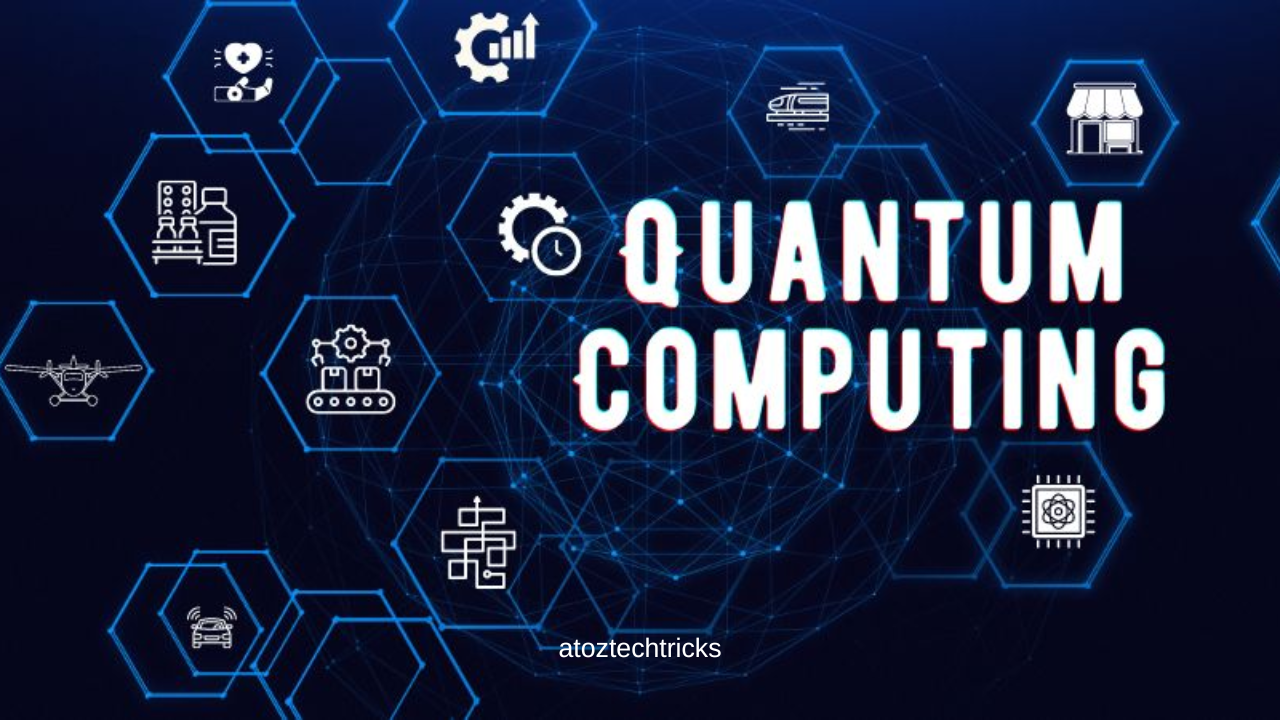Government Regulations and Policies Surrounding Blockchain: A Comprehensive Overview
Blockchain technology, initially designed to underpin cryptocurrencies like Bitcoin, has evolved into a transformative tool with potential applications across various sectors, including finance, healthcare, supply chain management, and more. As blockchain continues to gain traction, governments around the world are grappling with how to regulate this disruptive technology. This article delves into the complex landscape of government regulations and policies surrounding blockchain, exploring different approaches adopted by countries, the challenges faced, and the future outlook.
Understanding Blockchain Technology
Blockchain Basics
At its core, blockchain is a decentralized digital ledger that records transactions across a network of computers. Each block in the chain contains a list of transactions, and once a block is added to the chain, it is immutable and time-stamped, creating a permanent and transparent record. This technology enables trustless transactions, meaning that parties can interact and exchange value without needing to trust a central authority.
The Rise of Virtual and Augmented Reality: Transforming Experiences in the Digital Age
Applications Beyond Cryptocurrency
While blockchain gained initial fame through cryptocurrencies, its applications extend far beyond. Key areas include:
- Supply Chain Management: Ensuring transparency and traceability.
- Healthcare: Secure patient data sharing and management.
- Finance: Streamlining cross-border payments and reducing fraud.
- Voting Systems: Enhancing the security and integrity of elections.
Global Regulatory Landscape
Government responses to blockchain technology vary widely, influenced by economic, political, and social factors. Here’s an overview of regulatory approaches in different regions:
1. United States
a. Federal Regulations
In the U.S., blockchain regulation is fragmented, with various agencies and authorities guiding different aspects:
- Securities and Exchange Commission (SEC): The SEC oversees initial coin offerings (ICOs) and securities laws. If a cryptocurrency or token is deemed a security, it must comply with federal securities laws.
- Commodity Futures Trading Commission (CFTC): The CFTC regulates futures contracts and derivatives on cryptocurrencies, treating them as commodities.
- Financial Crimes Enforcement Network (FinCEN): FinCEN requires cryptocurrency exchanges to adhere to anti-money laundering (AML) and know-your-customer (KYC) regulations.
b. State-Level Regulations
Individual states have also implemented their own regulations:
- New York: The BitLicense framework regulates cryptocurrency businesses operating in the state, focusing on consumer protection and AML requirements.
- Wyoming: Wyoming has been proactive in creating a favorable environment for blockchain and cryptocurrency, passing laws to clarify the legal status of digital assets and promote innovation.

2. European Union
a. General Data Protection Regulation (GDPR)
The GDPR impacts blockchain, particularly regarding the right to be forgotten. Blockchain’s immutability conflicts with GDPR’s requirement for data deletion, leading to legal and technical challenges.
b. Markets in Crypto-Assets (MiCA)
The EU is working on the MiCA regulation, aimed at creating a comprehensive regulatory framework for crypto-assets. This regulation seeks to provide clarity on the treatment of different types of tokens, including stablecoins and utility tokens.
3. Asia
a. China
China has taken a restrictive approach to cryptocurrencies, banning ICOs and cryptocurrency exchanges. However, the government is supportive of blockchain technology’s development, investing in blockchain research and integration into various sectors.
b. Japan
Japan has a more balanced approach, recognizing cryptocurrencies as legal tender and regulating cryptocurrency exchanges to ensure consumer protection and financial stability. The Financial Services Agency (FSA) oversees the regulation of cryptocurrency exchanges.
c. South Korea
South Korea has implemented strict regulations on cryptocurrency trading, including measures to prevent market manipulation and protect investors. The government is also exploring blockchain applications in areas such as public administration and supply chain management.
4. Australia
Australia has a relatively progressive stance on blockchain. The Australian Securities and Investments Commission (ASIC) provides guidance on cryptocurrency regulations, including requirements for ICOs and trading platforms. The Australian government is also exploring blockchain’s potential in various sectors, including agriculture and supply chain management.
Revolution of VR and AR in Education: Transforming Learning Experiences
Challenges in Blockchain Regulation
1. Regulatory Uncertainty
One of the primary challenges is the lack of clear and consistent regulations. The fast-evolving nature of blockchain technology often outpaces regulatory developments, leading to uncertainty and potential compliance issues for businesses.
2. Jurisdictional Issues
Blockchain’s global and decentralized nature creates jurisdictional challenges. Different countries have varying regulations, and businesses operating internationally must navigate a complex web of legal requirements.
3. Balancing Innovation and Regulation
Regulators face the challenge of balancing the need for consumer protection and financial stability with the desire to foster innovation. Overly restrictive regulations may stifle innovation, while inadequate oversight can lead to market abuses and financial instability.
4. Privacy Concerns
Blockchain’s transparency and immutability can conflict with privacy regulations. Ensuring compliance with data protection laws while maintaining blockchain’s core features is a significant challenge for regulators and businesses.

Future Outlook
1. Regulatory Harmonization
There is a growing call for international cooperation and harmonization of blockchain regulations. Efforts are underway to create a more cohesive global regulatory framework that addresses the challenges of cross-border blockchain transactions and operations.
2. Technology-Specific Regulations
Regulators are increasingly recognizing the need for technology-specific regulations that address blockchain’s unique characteristics. Future regulations may focus on areas such as smart contracts, decentralized finance (DeFi), and digital identity.
3. Continued Innovation
As blockchain technology continues to evolve, regulatory frameworks will need to adapt to accommodate new developments. This may include addressing emerging issues such as blockchain interoperability, the rise of new consensus mechanisms, and the integration of blockchain with other technologies like artificial intelligence (AI) and the Internet of Things (IoT).
The Use of VR/AR in Entertainment: Transforming the Industry
4. Industry Collaboration
Collaboration between regulators, industry stakeholders, and technology experts will be crucial in shaping effective and balanced regulations. Industry groups and standards organizations are increasingly playing a role in developing best practices and providing input on regulatory frameworks.
The regulatory landscape surrounding blockchain technology is complex and rapidly evolving. Governments around the world are grappling with how to address the unique challenges posed by blockchain while fostering innovation and ensuring consumer protection. As blockchain technology continues to advance and its applications expand, regulatory frameworks will need to evolve to keep pace. International cooperation, technology-specific regulations, and industry collaboration will be key in shaping the future of blockchain regulation.





Post Comment